Tim Davie, the BBC’s Director-General, has finally shown his hand in the ongoing TV Licence debate – calling for a “modernised” fee system while giving subscription and advertising models the thumbs down.
Speaking at the Lowry Theatre in Salford today (Wednesday), Davie laid out his vision for the BBC’s future, insisting that while the current system needs reform, the principle of everyone contributing something should remain.
With soaring TV Licence evasion rates, young viewers fleeing to YouTube, and tough questions about whether streaming-only households should pay up, his speech (where he also dropped some big Freely news) couldn’t have come at a more critical time for the broadcaster’s future.
The Licence Fee Saga Continues
If you’ve been keeping up with our coverage, you’ll know the TV Licence fee (currently £174.50 per year) has been causing headaches for both the BBC and viewers alike.
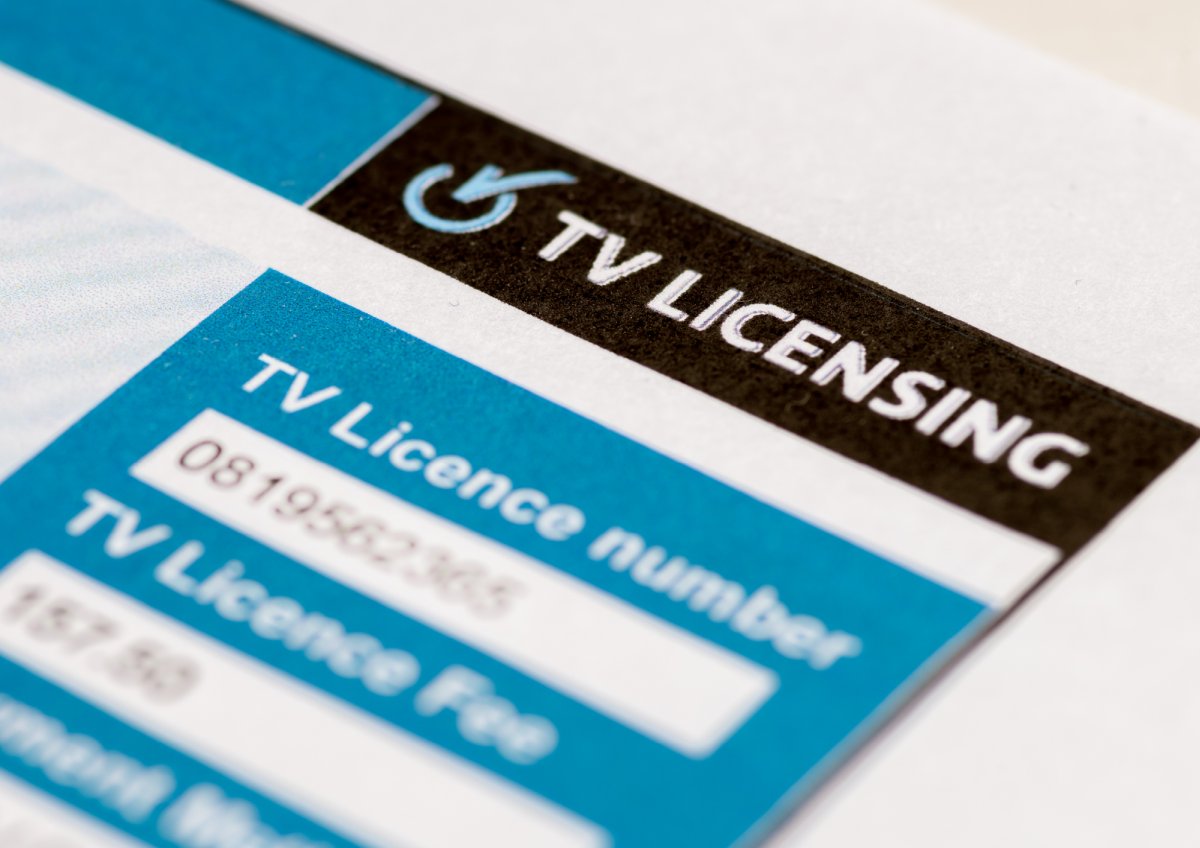
Davie’s comments land at a particularly awkward time for the broadcaster. With the BBC’s current Royal Charter due to expire in December 2027, they’re facing an uphill battle to justify why we should all keep coughing up the cash.
Just a few months back, Culture Secretary Lisa Nandy called the current system “deeply regressive” and hinted she’s thinking “quite radically and creatively” about alternatives. That’s politician-speak for “big changes are coming.”
Meanwhile, TV Licence evasion has shot up to 11.30% – the highest since 1995 – meaning the BBC is missing out on roughly £466 million each year.
Even more worrying for the Beeb, the number of households legally declaring they don’t need a licence has rocketed by half a million in just twelve months, hitting 3.3 million homes. That’s a lot of people deciding they can live without live TV or BBC iPlayer.
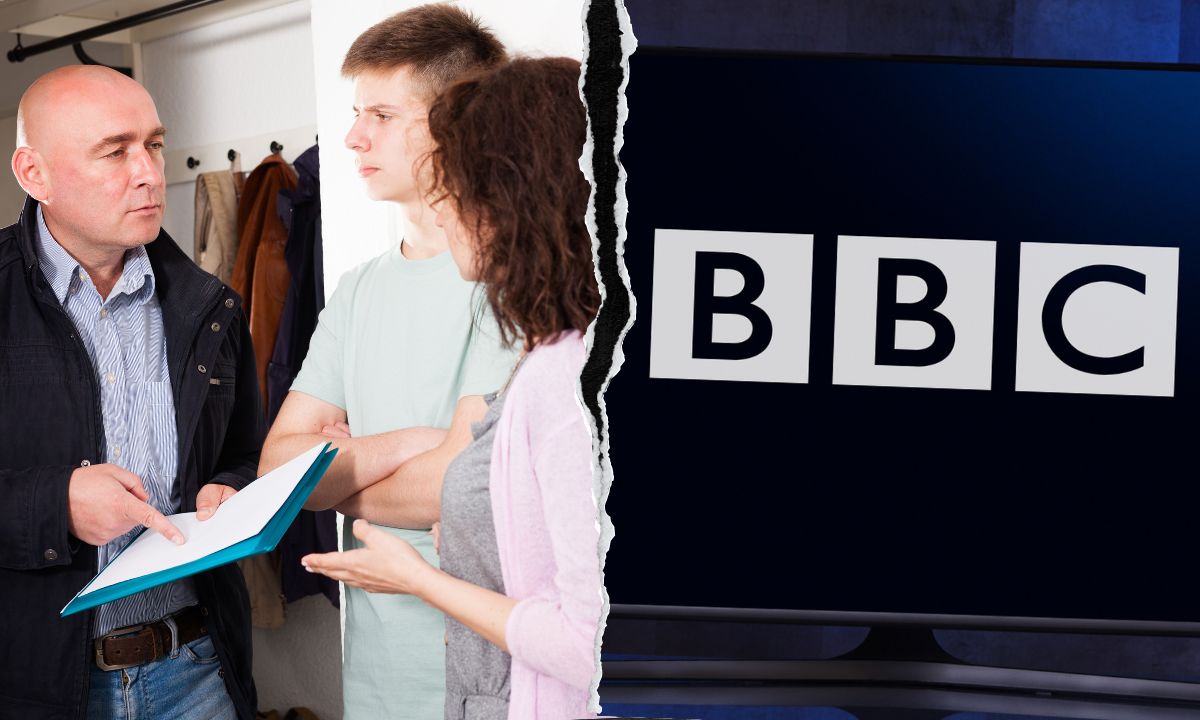
No Netflix-Style BBC Coming Soon
While Davie kept things vague about specific funding alternatives, he made one thing crystal clear – don’t expect a subscription model anytime soon.
“When it comes to funding we are not asking for the status quo. We want modernisation and reform. But in doing so we must safeguard universality,” he said in his speech.
“All the funding models that have been floated in the debate have their merits and drawbacks. But some, such as advertising or subscription, don’t pass the test of building a universal trusted public service.”
Asked by BBC News whether the days of the TV licence are over, Davie replied: “I think a universal payment is not over. What it’s called, I think, is slightly secondary… But what we do want is a way in which everyone pays for the BBC fairly, and that is absolutely what we’re hunting for.”
He later reinforced this position, stating bluntly that funding the BBC from advertising or subscription would not “pass the test of building a universal trusted public service.”
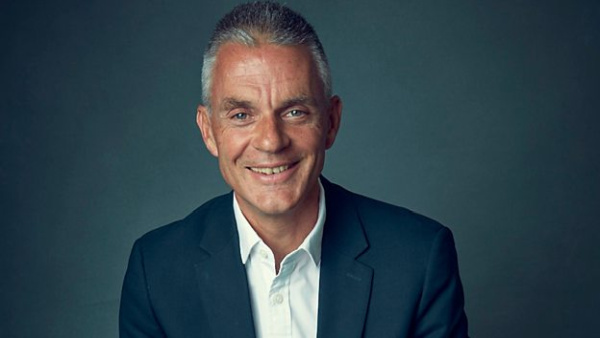
This echoes what BBC Chairman Dr Samir Shah told MPs back in March, when he firmly rejected both advertising and subscription models, warning they would turn the focus from “serving British audiences” to “profiting from them.”
Remember when the BBC suggested an equivalent subscription service could cost up to £580 per year for the full package? That’s more than triple the current licence fee. No wonder they’re not keen.
So What Might Replace The Current System?
Davie wasn’t exactly forthcoming with alternatives, but several ideas have been floating around recently:
- Income-based fees – Richer households pay more, less well-off pay less (think council tax bands for your telly)
- A specific streaming service tax (Netflix tax, anyone?)
- Different charges for businesses versus homes
- Revisiting those free licences for over-75s on pension credit
For those of you who’ve ditched the aerial in favour of streaming services, Davie’s comments are particularly noteworthy.
Earlier this year, reports emerged that the government was considering forcing streaming-only households to pay the BBC licence fee – even if you never watch a second of BBC content.
As things stand, you only need a TV Licence if you watch live TV from any broadcaster, any BBC content on iPlayer, or live content on streaming services (such as live sports).
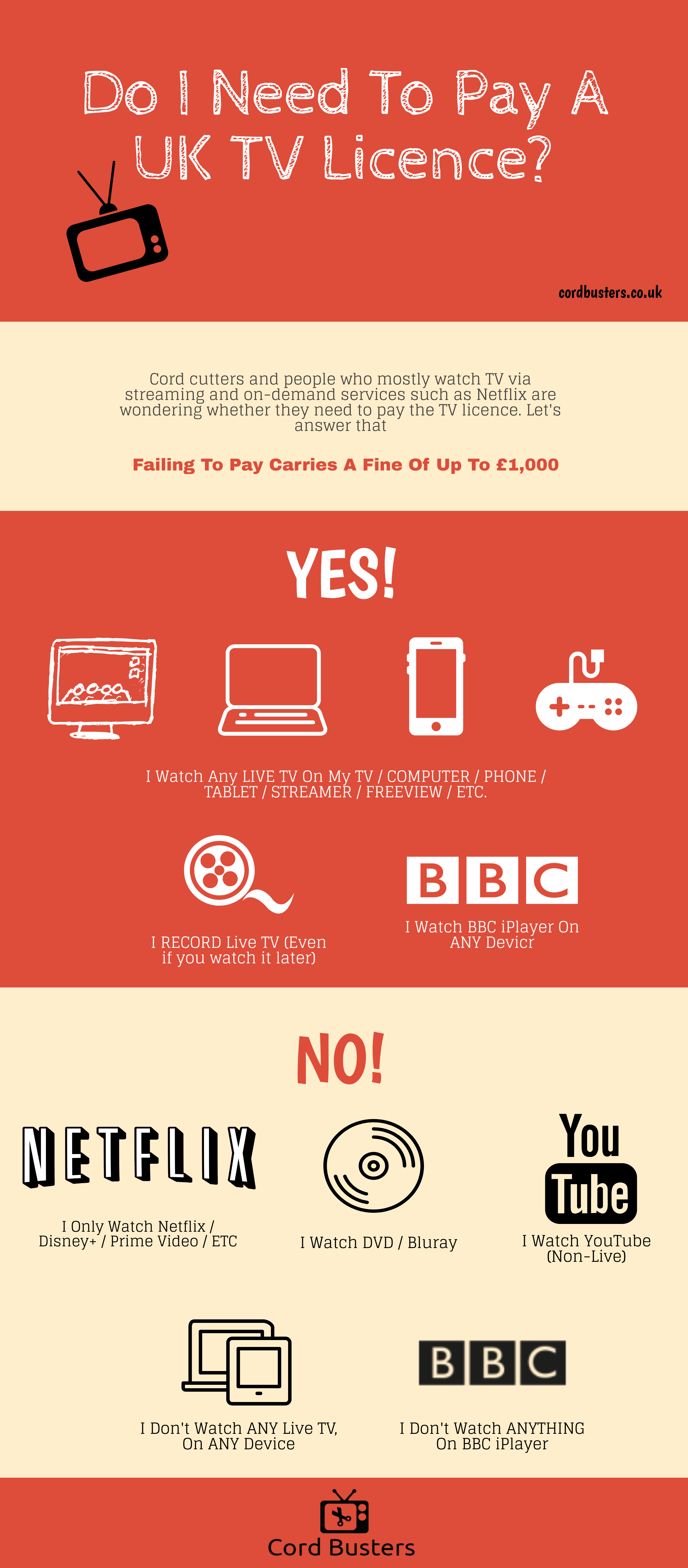
But the new proposals would extend this to all streaming service users – whether you’re binge-watching The Crown or catching up on The Bear.
A BBC Fighting For Relevance
Let’s be honest – the BBC is having a tough time of it. They’re facing what they describe as a real-term annual reduction in income of 30% – that’s over £1 billion less to play with.
“We are already delivering big increases in our investment beyond the M25,” Davie said in his speech. “But we can do more.”
The numbers for young viewers are particularly grim. According to Ofcom, British youngsters aged 16-24 now spend just 13% of their viewing time watching traditional TV channels – and a measly 5% with the BBC.
For comparison, these same viewers spend 34% of their time on YouTube and TikTok.
No wonder the BBC is now asking the public what they think via their “Our BBC, Our Future” questionnaire.
Though curiously, they don’t directly ask about the licence fee – perhaps the answer to that question might be uncomfortable.
Trust Me, I’m The BBC
Throughout his speech, Davie hammered home the importance of trust, painting the BBC as an important institution for keeping society together in our increasingly divided world.
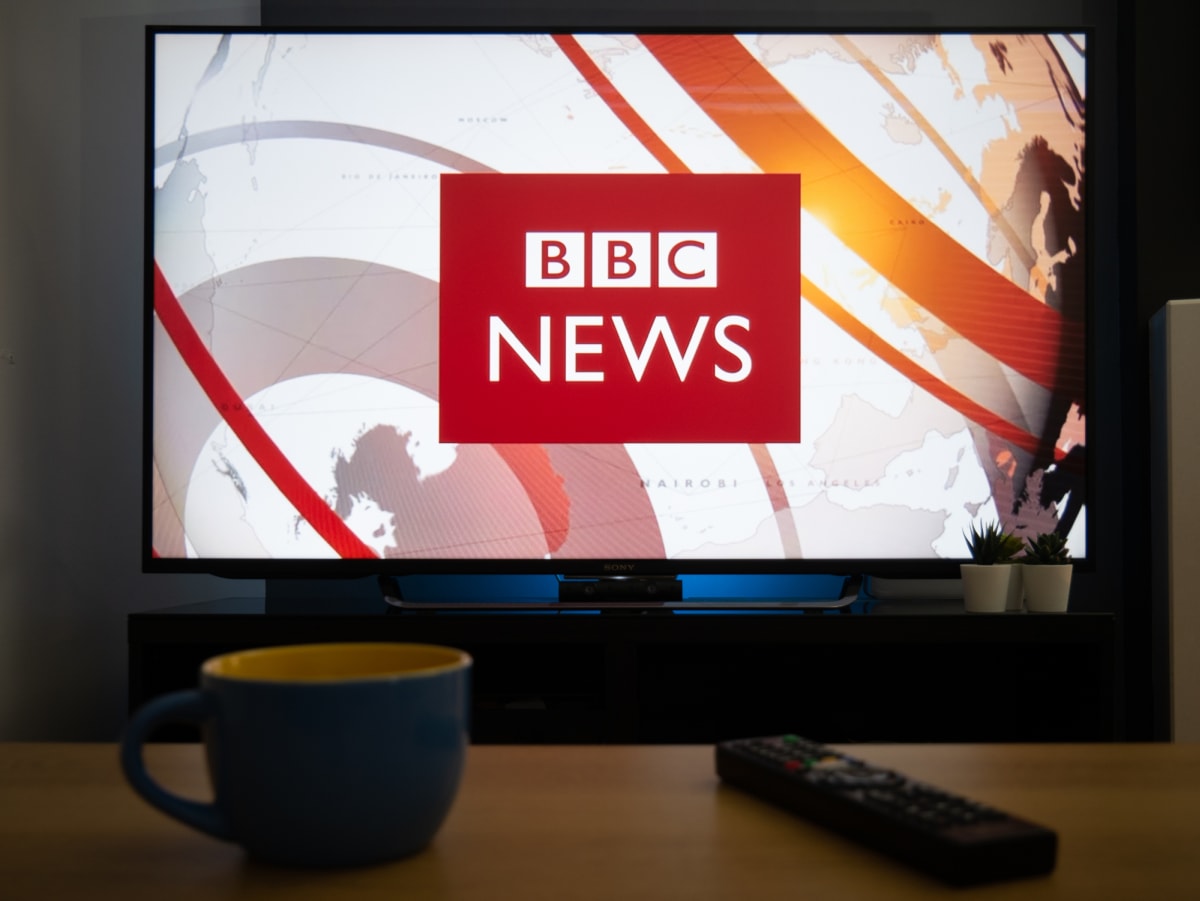
“The future of our cohesive, democratic society feels, for the first time in my life, at risk,” Davie warned, pointing to the rise of fake news and declining faith in public institutions.
“This speaks to issues way beyond party politics or one event, but to longer term factors such as the online revolution and globalisation.”
Davie positioned the BBC as a solution to these challenges, describing it as “a precious national asset” that can have “maximum catalytic effect on the UK.”
“With that in mind, we have been thinking how we can harness a precious national asset, the BBC,” he said. “How can it have maximum catalytic effect on the UK? How we can help families and the UK as a whole?”
While the BBC’s public consultation carefully avoids mentioning the licence fee, Davie’s speech made it abundantly clear that how we fund Auntie remains at the heart of their thinking.
What This Means For Your Wallet
For those of us either paying the TV Licence fee (or legally dodging it), Davie’s speech suggests that while change is definitely coming, don’t expect to escape paying something towards the BBC.
The current system remains in place until December 2027, but behind-the-scenes negotiations are already well underway.
Davie confirmed the BBC is keeping “an open mind” and “actively exploring all options” to make the funding model “fairer, more modern, and more sustainable.”
What seems increasingly unlikely is that we’ll see a Netflix-style BBC subscription service – though it is still on the table.
With streaming services dominating our viewing habits, evasion rates hitting new highs, and the Culture Secretary hinting at radical reforms, the TV Licence as we know it is certainly heading for a major overhaul – but the principle of everyone contributing something looks set to continue, whatever they end up calling it.
For more news and guides on TV and streaming, Subscribe to our free newsletter.
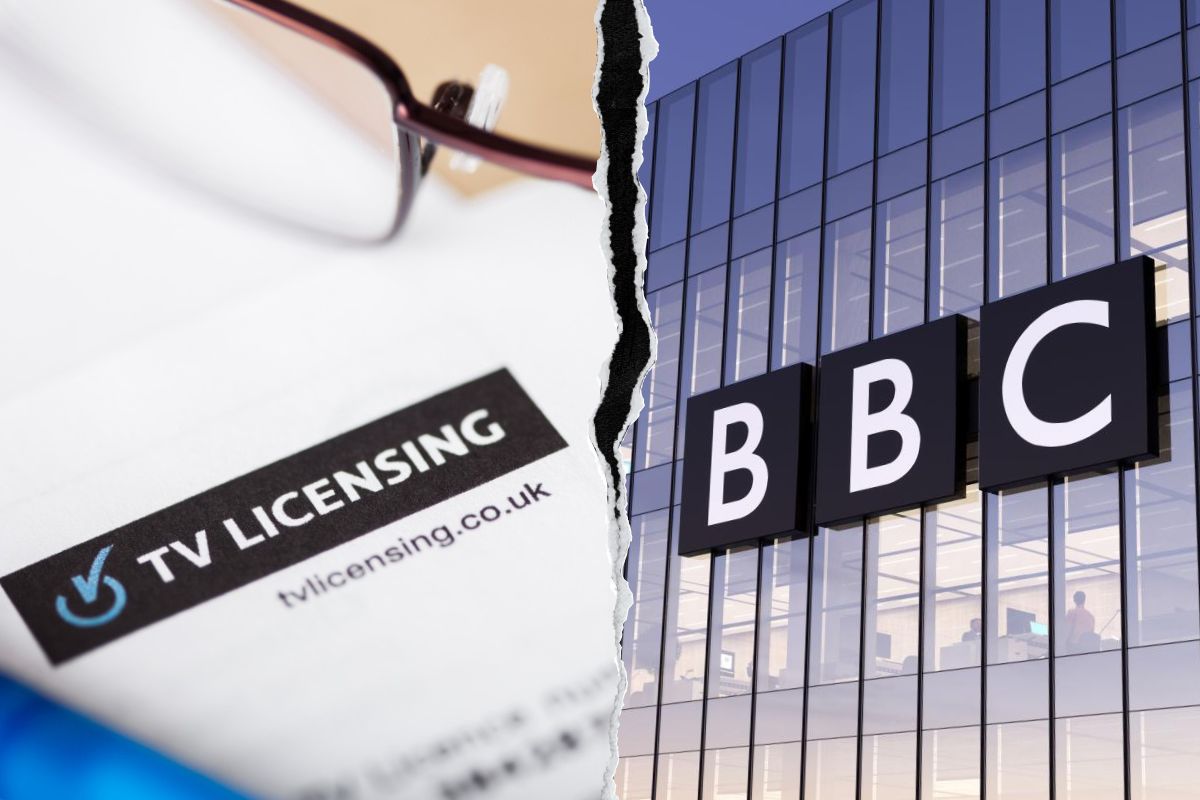
Wow, it has to be fair but you have to pay for it even if you don’t use it and the more you earn the more you pay. So it goes from a licence fee to a tax in one fell swoop and even people who can’t afford it (over 75s on pension credit) will have to pay.